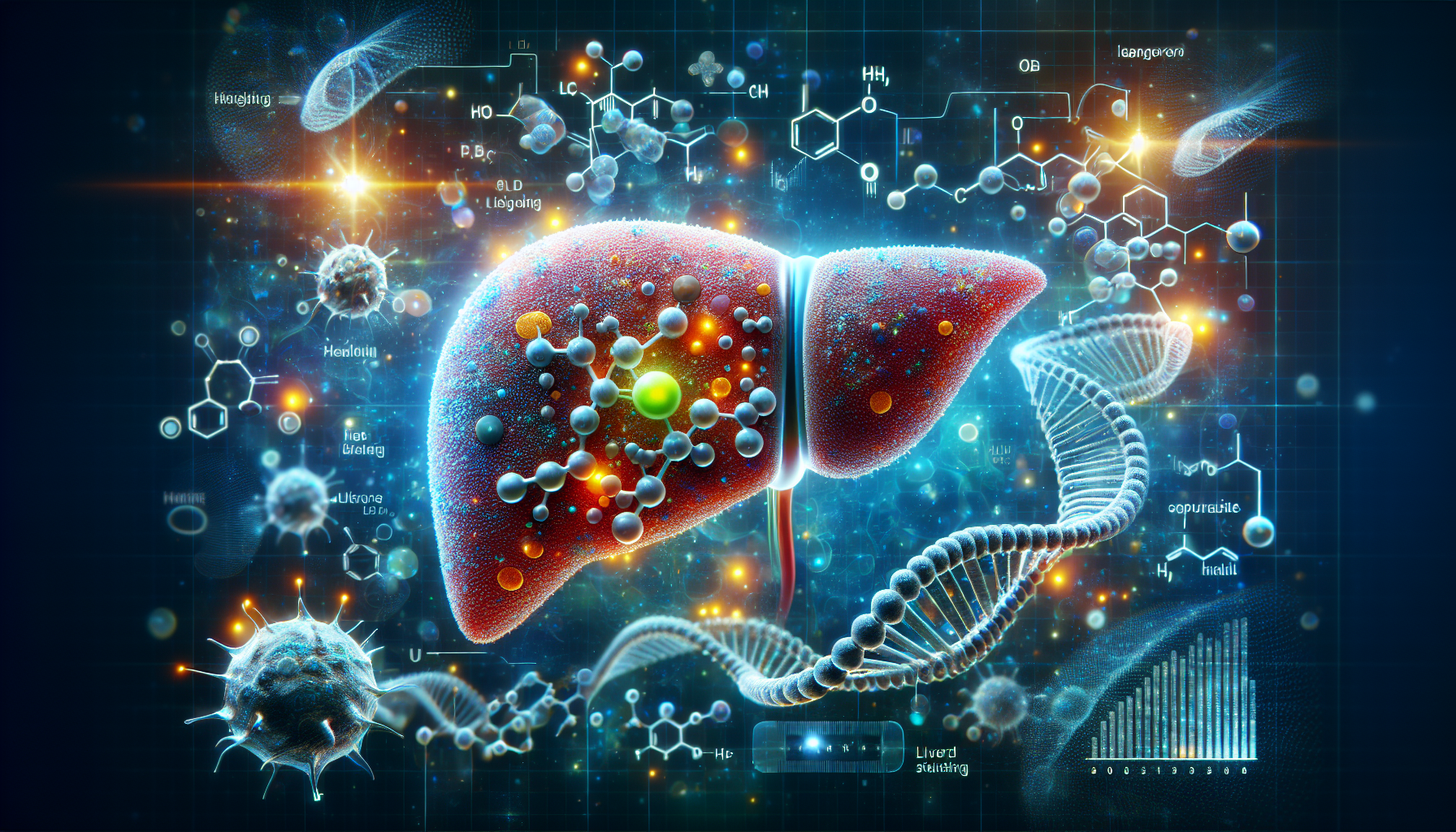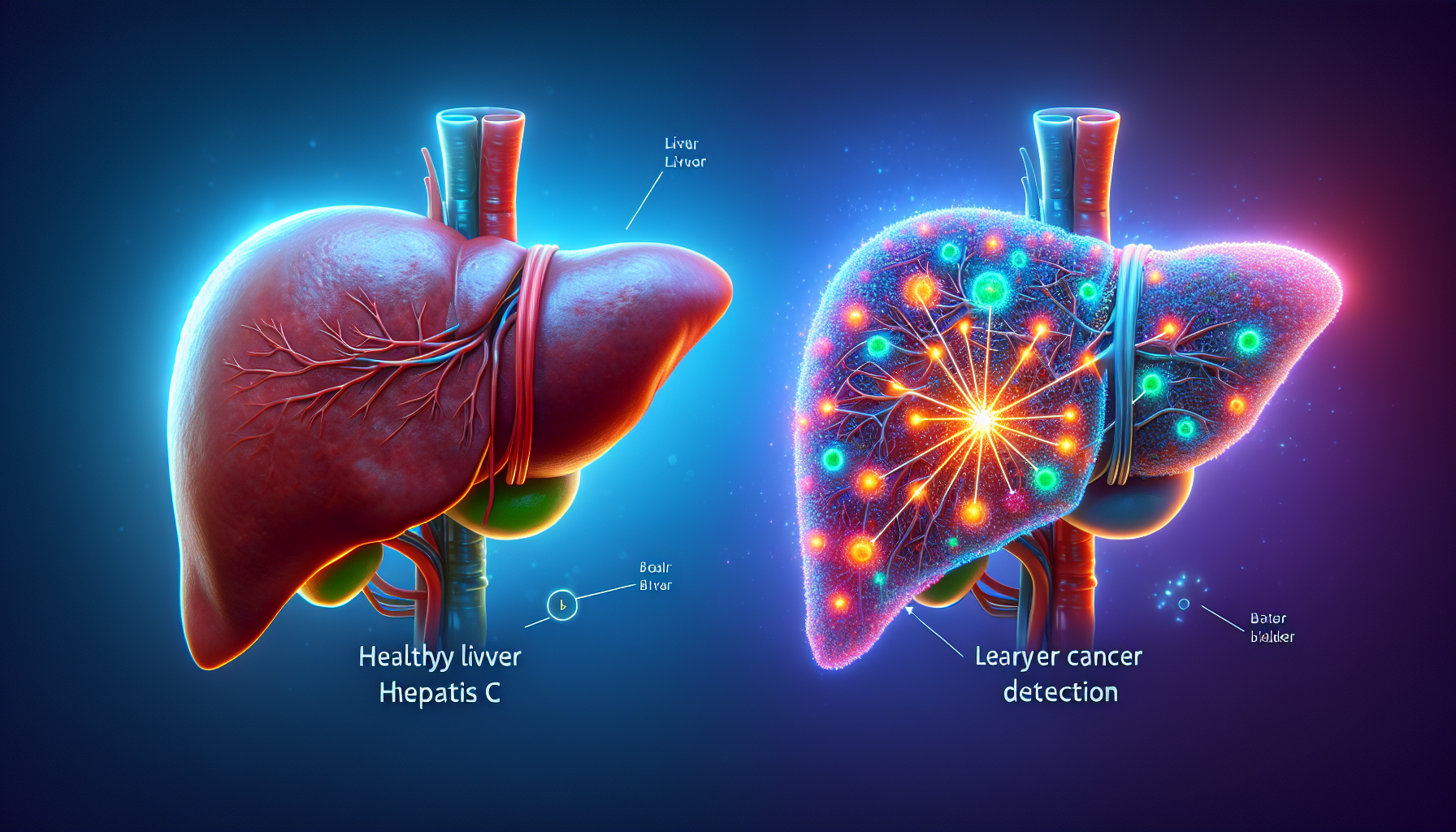New Hope for Liver Disease: Seladelpar Shows Promising Results in PBC Patients
Key Takeaways
- Seladelpar shows rapid and sustained improvement in liver markers for PBC patients.
- Over 70% of patients reached primary study endpoints with seladelpar.
- Seladelpar may improve quality of life by reducing pruritus in PBC patients.
Did You Know?
Introduction to Primary Biliary Cholangitis (PBC)
Primary Biliary Cholangitis (PBC) is an autoimmune liver disease that gradually destroys the bile ducts in the liver, leading to cholestasis. This condition can progress to cirrhosis and potentially end-stage liver disease if not managed properly. The standard first-line treatment is ursodeoxycholic acid (UDCA), but many patients do not respond adequately to this therapy.
Seladelpar: A New Treatment Under Investigation
Recently, a new investigational drug called seladelpar has shown promising results in treating PBC. Seladelpar is a selective PPAR-delta agonist, which means it targets specific receptors in the liver to reduce inflammation and improve bile flow.
Study Highlights and Methodology
An ongoing phase 3 clinical trial named ASSURE is investigating the effects of seladelpar on patients with PBC who did not respond well to UDCA. The trial has so far included 174 patients, with a mean age of 58.6 years, and a significant majority being women. These patients were administered an open-label, oral dose of 10 mg seladelpar daily.
Primary Endpoints and Findings
The primary endpoints of the study were to measure a composite response of alkaline phosphatase (ALP) levels below 1.67 times the upper limit of normal, a reduction in ALP by at least 15%, and total bilirubin levels at or below the upper limit of normal. Additional markers such as gamma-glutamyl transferase (GGT) and alanine transaminase (ALT) were also monitored.
Marked Improvement in Liver Function
The interim results have been encouraging. More than 70% of the patients achieved the composite response endpoint. There was also a significant reduction in ALP levels, with 37.2% of patients reaching ALP normalization. These improvements were observed to be rapid and sustained over a period of 12 months.
Reduction in Symptoms and Improved Quality of Life
Furthermore, seladelpar has shown to alleviate symptoms such as pruritus (itching), which can significantly affect the quality of life of PBC patients. Approximately 36.4% of patients experienced a reduction in GGT, 25.2% in ALT, and 9.2% in total bilirubin levels, showing comprehensive improvement in liver function.
Safety and Tolerability
The drug was found to be generally safe and well-tolerated, with no treatment-related serious adverse events reported. However, 4% of the participants did discontinue the study due to adverse effects.
Future Prospects
Although seladelpar is still an investigational drug and not yet approved for clinical practice, the preliminary data suggests it could become a significant therapeutic option for PBC patients, particularly those who don't respond to UDCA.
Expert Opinions
Dr. Cynthia Levy, a professor of medicine at the University of Miami Miller School of Medicine, highlighted the importance of such ongoing research efforts to develop better treatments for PBC. Similarly, Dr. Tim Watson from Gilead Sciences emphasized that seladelpar has shown a durable biochemical response and could transform the treatment landscape for PBC patients if approved.
Conclusion
With more research and long-term studies, seladelpar may soon provide new hope for the PBC community by not only improving liver function but also enhancing the overall quality of life for patients.






